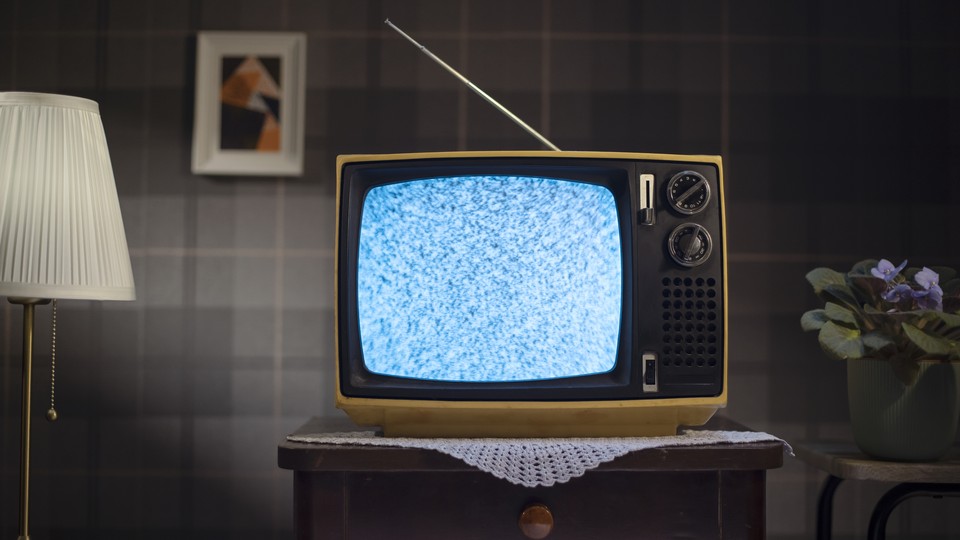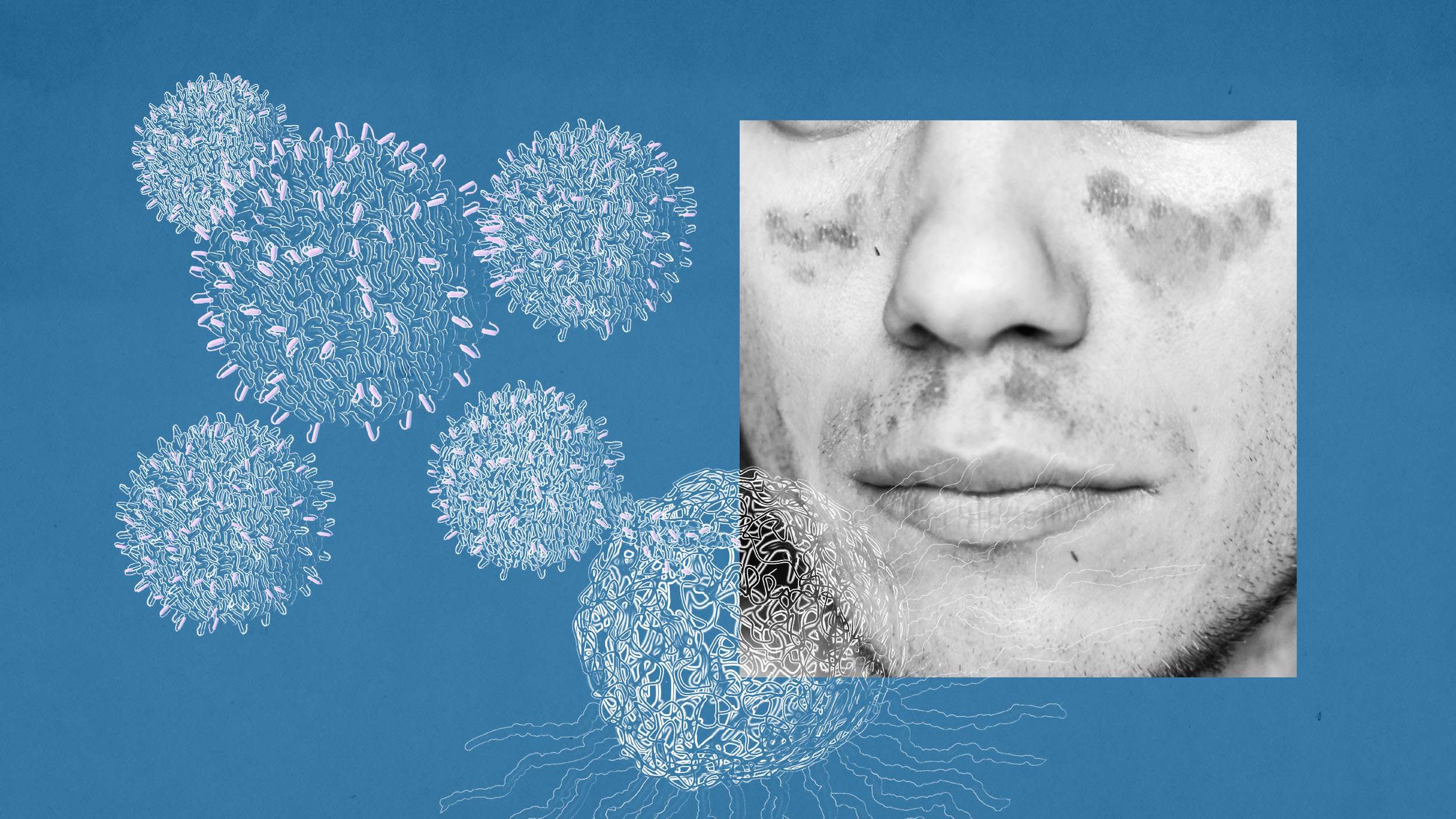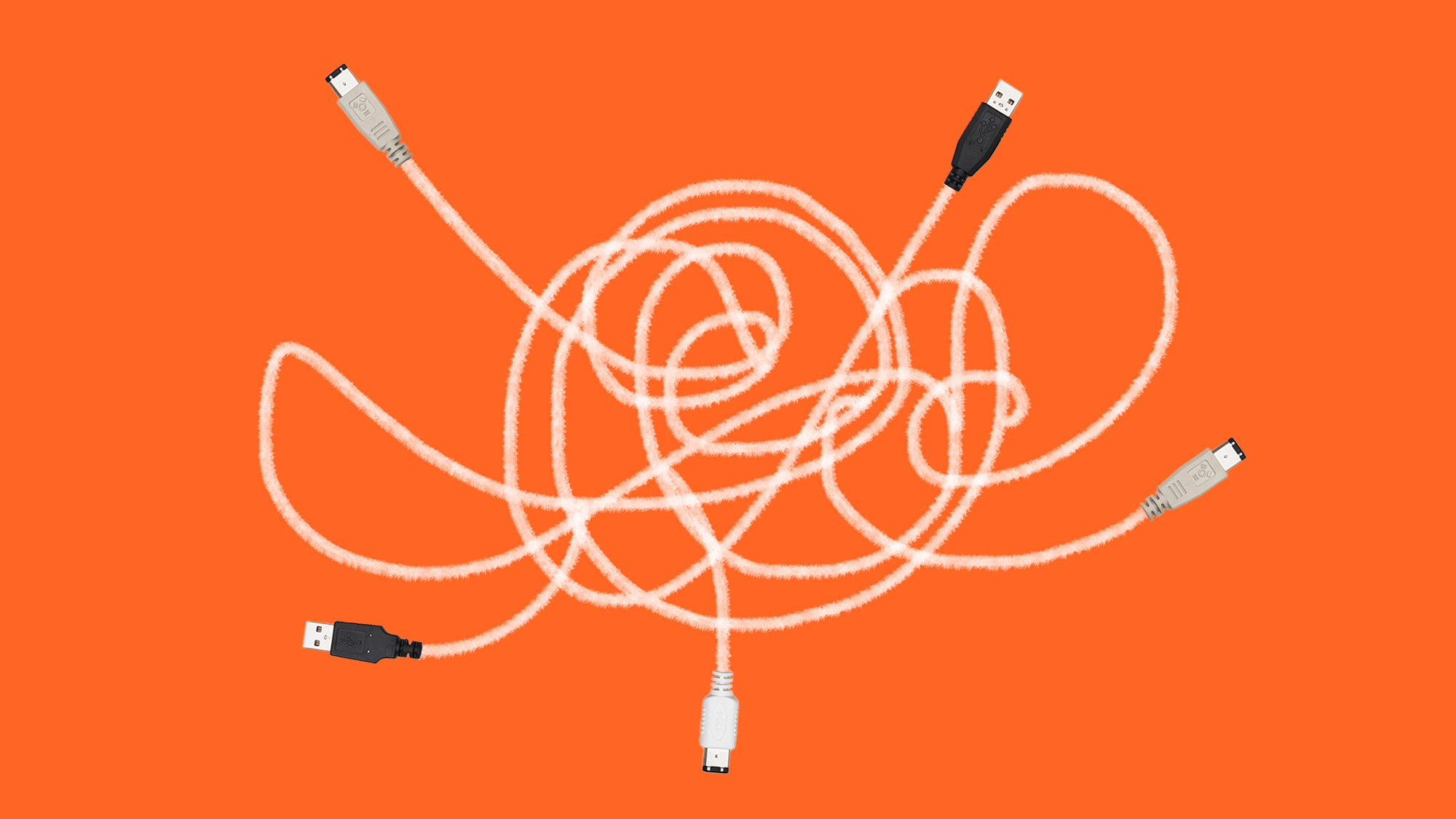The Case for Gathering on Election Night
6 min read
This is an edition of The Atlantic Daily, a newsletter that guides you through the biggest stories of the day, helps you discover new ideas, and recommends the best in culture. Sign up for it here.
Americans across the country are getting ready to wait.
Knowing the winner of the presidential election by tomorrow night is a real possibility. But the race could also take several days to be called, as it did in 2020, and some House races are likely to take days. In most other modern presidential elections (leaving aside the recount of the 2000 election), news outlets have declared a winner within hours of the polls closing. But in this week’s election, the closeness of the race and the popularity of mail-in voting could lead to a longer timeline. Amid all the unknowns, one American tradition may get lost: the social ritual of Election Night.
Over the generations, Election Night has brought Americans together and prepared them to accept the outcome of a race. Many voters missed out on that gathering in 2020, in part because they were in pandemic isolation. And as my colleague Kate Cray wrote at the time, “Watch parties and their kitschy decor don’t necessarily fit with an election in which many voters fear the collapse of democracy.” A communal gathering was even less appealing to liberals “still traumatized by 2016,” Kate noted. This year, Americans of all political loyalties are finding the election anxiety-inducing: A recent survey from the American Psychological Association found that 69 percent of polled adults rated the U.S. presidential election as a significant source of stress, a major jump from 52 percent in 2016 (and a slight bump from 68 percent in 2020).
Still, some Americans are preparing for classic election watch parties at friends’ homes or in bars. But this time around, voters’ self-preservational instincts are kicking in too. A recent New York magazineroundup of readers’ Election Night plans in the Dinner Party newsletter included streaming unrelated television, drinking a lot, and “Embracing the Doom Vibes.” For some, prolonged distraction is the move: The cookbook author Alison Roman suggests making a complicated meal. Even party enthusiasts seem wary: In an etiquette guide about how to throw a good Election Night party with guests who have different political views, Town & Country suggested that “hosting a soiree of this nature in 2024 is like setting up a game of croquet on a field of landmines.” One host suggested giving guests a “safe word” to avoid conflict.
Election Night was once a ritual that played out in public—generally over the course of several days, Mark Brewin, a media-studies professor at the University of Tulsa and the author of a book on Election Day rituals, told me. A carnival-like atmosphere was the norm: People would gather at the offices of local newspapers to wait for results, and winners’ names were projected on walls using “magic lanterns.” Fireworks sometimes went off, and bands played. With the popularity of radio and TV in the 20th century, rituals moved farther into private spaces and homes, and results came more quickly. But even as technology improved, “this process is always at the mercy of the race itself,” Brewin explained.
Election Night rituals of years past weren’t just about celebration. They helped create the social conditions for a peaceful reconciliation after impassioned election cycles, Brewin said. In the 19th century, for example, once an election was called, members of the winning party would hand a “Salt River ticket” to the friends whose candidates lost (Salt River is a real body of water, but in this case, the term referred to a river of tears). The humor of the gesture was its power: It offered people a way to move forward and work together. Such rituals marked the moment when people “stop being partisans and become Americans again,” Brewin said.
That concept feels sadly quaint. This week, Americans are bracing for chaos, especially if Donald Trump declares prematurely that he won or attempts to interfere in the results of the race. An election-watch gathering might seem trivial in light of all that. But Americans have always come together to try to make sense of the changes that come with a transfer of power, and doing so is still worthwhile—especially at a time when unifying rituals feel out of reach.
Related:
- Is this the end of the Election Night watch party?
- How to get through Election Day
Here are four new stories from The Atlantic:
- Trump’s followers are living in a dark fantasy, Adam Serwer writes.
- Inside the ruthless, restless final days of Trump’s campaign
- The “blue dot” that could clinch a Harris victory
- How is it this close?
Today’s News
- Vice President Kamala Harris will finish her last day of campaigning in Philadelphia, and Donald Trump will host his last rally in Grand Rapids, Michigan.
- A Pennsylvania judge ruled that Elon Musk’s America PAC can continue with its $1 million daily giveaway through Election Day.
- Missouri sued the Department of Justice in an effort to block the department from sending federal poll monitors to St. Louis.
Dispatches
- The Wonder Reader: Isabel Fattal explores the appliances we’ve relied on for decades, and those that claim to usher in new ways of living—with varied success.
Explore all of our newsletters here.
Evening Read

A ‘Crazy’ Idea for Treating Autoimmune Diseases Might Actually Work
By Sarah Zhang
Lupus, doctors like to say, affects no two patients the same. The disease causes the immune system to go rogue in a way that can strike virtually any organ in the body, but when and where is maddeningly elusive. One patient might have lesions on the face, likened to wolf bites by the 13th-century physician who gave lupus its name. Another patient might have kidney failure. Another, fluid around the lungs. What doctors can say to every patient, though, is that they will have lupus for the rest of their life. The origins of autoimmune diseases like it are often mysterious, and an immune system that sees the body it inhabits as an enemy will never completely relax. Lupus cannot be cured. No autoimmune disease can be cured.
Two years ago, however, a study came out of Germany that rocked all of these assumptions.
Read the full article.
More From The Atlantic
- David Frum: No one has an alibi.
- Donald Trump’s hatred of free speech
- The shadow over Kamala Harris’s campaign
- The institutions failed.
- Xi may lose his gamble.
- Samer Sinijlawi: My hope for Palestine
Culture Break

Mourn. We’ll never get a universal cable, Ian Bogost writes. It’s the broken promise of USB-C.
Watch. Kamala Harris made a surprise appearance on Saturday Night Live, but another segment that night made a sharper political point, Amanda Wicks writes.
Play our daily crossword.
P.S.
One peek into Americans’ mental state on Election Night comes from their orders on food apps. In 2016, Election Night alcohol demand on Postmates was nearly double that of the prior Tuesday—and that demand spiked again at lunchtime the next day. For the delivery app Gopuff, alcohol orders were high on Election Night in 2020—especially champagne and 12-packs of White Claw. And, less festively, orders for Tums and Pepto Bismol rose too. However you pass the time waiting for results this year, I hope you stay healthy.
— Lora
Stephanie Bai contributed to this newsletter.
When you buy a book using a link in this newsletter, we receive a commission. Thank you for supporting The Atlantic.



